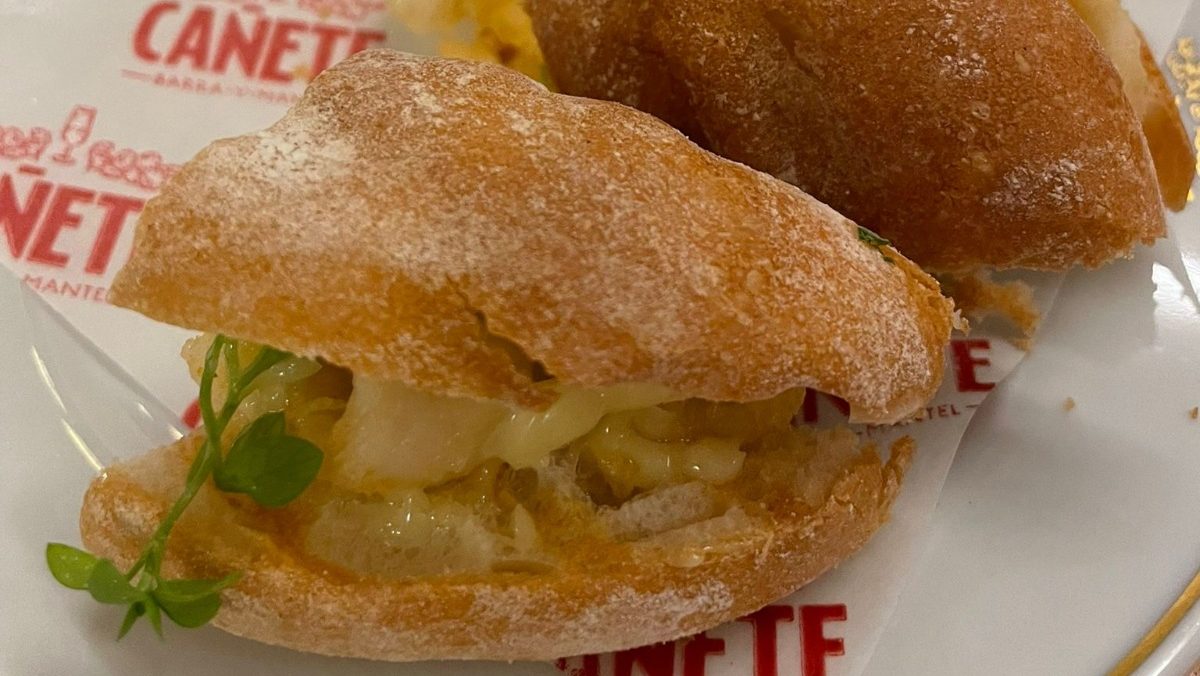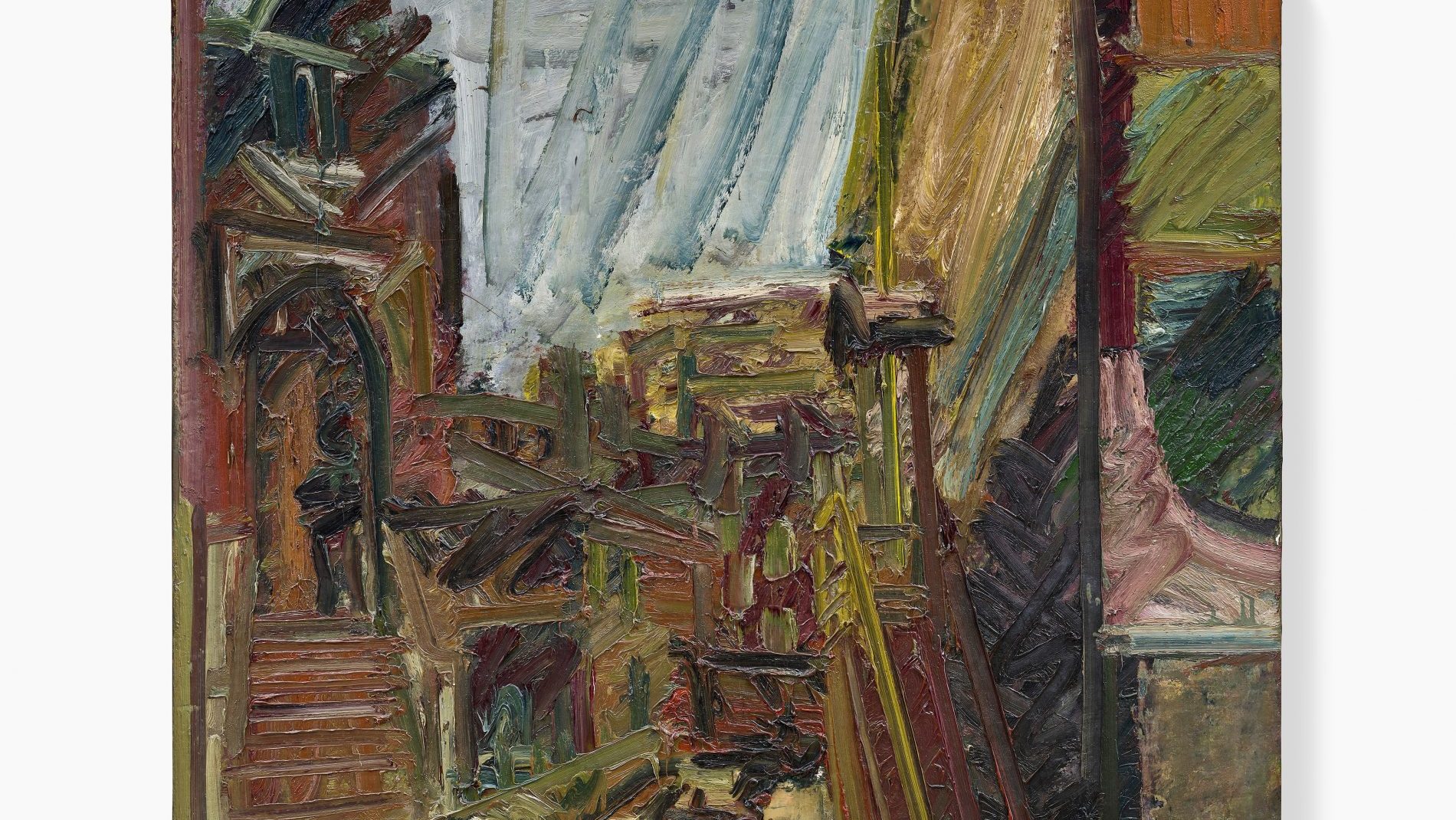“Fuck your diet”, reads a stencilled sign below a restaurant name in bright neon lights. It can only be Bar Cañete in Barcelona, a tapas bar rammed with locals, tourists, staff, ham.
I’m with three friends, one of whom lives in the Catalan capital year-round, two who are travelling long-term and are often in Spain. Digital nomads, or something.
They have to pitch up in Cyprus over Christmas so my friend can restart his EU visa. “Schengen,” he tells me. His Swedish other half: no need.
We are all led past the bar, waiters skipping past tables, drinks being poured and chefs in old-fashioned hats busy with plates, and then through a dining area at the back next to the wine cellar. Then comes a second, smaller and more intimate dining room, which has a handful of tables but is a little more subdued, before we are invited through the kitchen, chefs, flames and heat, and into a longer, grander room with embellished mirrors, and bottles of wine long since polished off and signed by happy guests.
The banquettes are American steakhouse red and the white linen on tables will soon be covered in prawn shells and clam juice.
It is around 9pm, so we are in the slippery fold between tourists and Barcelonians; we stay long enough to become a part of the community buzz. Our waiter is joyful and merry and brings cava almost as quickly as it’s ordered.
Then we pore over the menu, which is long and rich and the work of Catalans who find themselves combining tapas with larger dishes. All is designed to share. If you are fussy or particular, Cañete is not for you.
First, shrimp torta, because one of our party lived and worked in Cádiz, by the sea in Andalucía, and will not settle without his old home comfort. The founders of Cañete hailed from the region (near Seville) and moved to Barcelona two generations ago to find work – they arrived without being able to fry an egg – so no wonder it is on the menu. Something of an homage.
And then come lobster croquettes, cod fritters, bellota ham, a garlic blast of a squid sandwich of unrivalled magnetism, and Barceloneta’s bomba, the spicy fried meatball covered in aioli and pepper sauce which has been semi-popularised in London by José Pizarro.
Later, red mullet “with a veil of pork”, a sea bass special sold to us accordingly by our ever-winking waiter, oxtail stew with mashed potatoes – one of the finest bowls of food I’ve had this year, the potatoes topped with a crisp garlic hat – and aged beef steak with foie and truffle sauce, which is the only bit of food I’m not bothered about. Foie bores me.
Still, a relative bargain at just over €30. Everything else, by the way, is well below; snacks start at €2.85 and you could fill up here, easily, for about €50 a head, with wine.
Cañete is a restaurant of multitudes. Of chaos and Catalan spirit. Servers wear sailor outfits, and there are enormous bull heads on the walls. They watch everyone descend, noisily, into the sumptuous embrace of béchamel sauce and sherry.
When we order a bottle of inexpensive red for €54, it turns out to be a magnum; some tannins but it goes down softly enough. All is concluded with crema Catalana and coffee with Baileys.
Quite the feast, right? €75 each, between four, and then we leave cash for a tip. The generosity at play at Cañete is emphatic and warm. It is boisterous without being overbearing; staff are generous, humorous but quietly professional.
Everybody is relaxed, despite the fact your chair might disappear or you run into a chef while passing through the kitchen to smoke. No wonder my pals refuse to eat tapas when back home.
Even if the food is good, restaurants like Cañete rarely exist in Britain. People are too reluctant to live. “Fuck your diet” would be taken as a diatribe.




